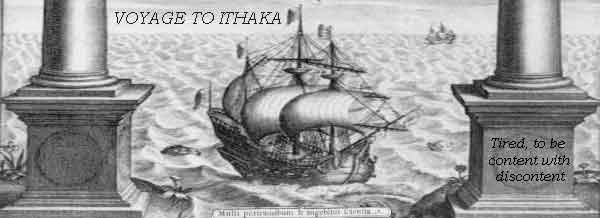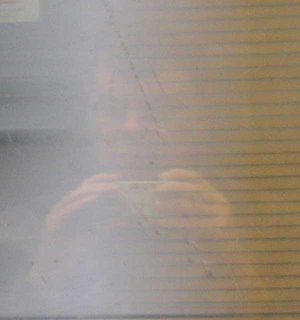The Ern Malley Story
If you don't know this story, please read the poem below before reading this, as knowing the story may change the way you read the poem.
In 1944 the Australian literary magazine Angry Penguins published some poems by Ern Malley, a young insurance salesman who had died of Graves' disease the previous year. They had been sent to the editor, Max Harris, by Malley's sister, who had found them after his death. Angry Penguins was a Modernist journal which published poems and images by artists such as Sidney Nolan and Arthur Boyd. I first heard of Malley through an exhibition about Angry Penguins at the Hayward Gallery in the 1980s.
Harris was convicted of obscenity over the publication of the poems, after what sounds like a farcical trial. A detective found the word "incestuous" indecent, though he didn't know what the word meant. And a poem which referred to shining a torch anda park at night had to be immoral: "people who go into parks at night go there for immoral purposes".
Malley's remarkable poems were in fact a hoax by two conservative Australian writers, Harold Stewart and James McAuley, who were setting out to discredit Harris and his magazine. They intended the work to be utterly devoid of literary merit, as a demonstration of the pretentiousness nonsense that they considered Modernist verse to be.
The whole affair was rather sad: everybody involved seems to have suffered. But the curious fact is that the poems Stewart and McAuley wrote, intending them to be worthless, are (it seems to me) rather good, probably much better than anything else either of them ever wrote.
So is it possible to write a masterpiece by mistake? That something the author set out to make worthless, can have value as literature? Or did the authors, despite their outward hatred of Modernism, have some subconscious impulse that drove them, against their conscious wishes, to produce these poems?
[I first read of Malley in The Ern Malley Affair by Michael Heyward, and checked the details tonight at "Ern Malley: The Official Website"]
In 1944 the Australian literary magazine Angry Penguins published some poems by Ern Malley, a young insurance salesman who had died of Graves' disease the previous year. They had been sent to the editor, Max Harris, by Malley's sister, who had found them after his death. Angry Penguins was a Modernist journal which published poems and images by artists such as Sidney Nolan and Arthur Boyd. I first heard of Malley through an exhibition about Angry Penguins at the Hayward Gallery in the 1980s.
Harris was convicted of obscenity over the publication of the poems, after what sounds like a farcical trial. A detective found the word "incestuous" indecent, though he didn't know what the word meant. And a poem which referred to shining a torch anda park at night had to be immoral: "people who go into parks at night go there for immoral purposes".
Malley's remarkable poems were in fact a hoax by two conservative Australian writers, Harold Stewart and James McAuley, who were setting out to discredit Harris and his magazine. They intended the work to be utterly devoid of literary merit, as a demonstration of the pretentiousness nonsense that they considered Modernist verse to be.
The whole affair was rather sad: everybody involved seems to have suffered. But the curious fact is that the poems Stewart and McAuley wrote, intending them to be worthless, are (it seems to me) rather good, probably much better than anything else either of them ever wrote.
So is it possible to write a masterpiece by mistake? That something the author set out to make worthless, can have value as literature? Or did the authors, despite their outward hatred of Modernism, have some subconscious impulse that drove them, against their conscious wishes, to produce these poems?
[I first read of Malley in The Ern Malley Affair by Michael Heyward, and checked the details tonight at "Ern Malley: The Official Website"]



0 Comments:
Post a Comment
<< Home